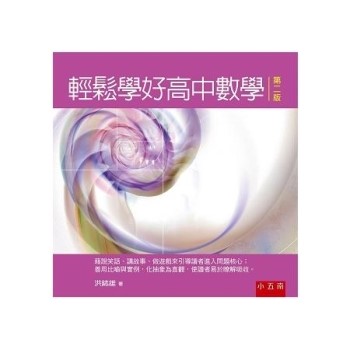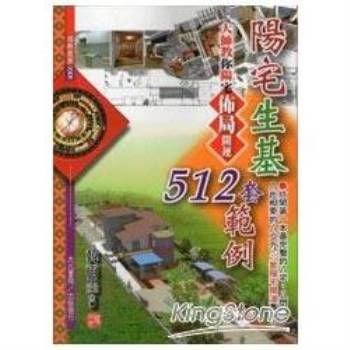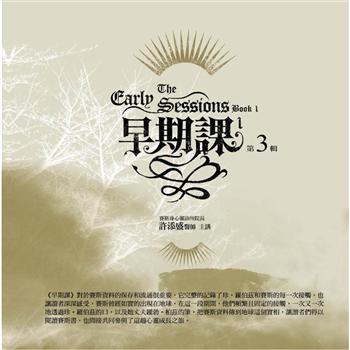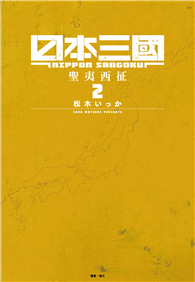Ahmed A. Abd El-Latif (SMIEEE, MACM) received the B.Sc. degree with honour rank in Mathematics and Computer Science in 2005 and M.Sc. degree in Computer Science in 2010, all from Menoufia University, Egypt. He received his Ph. D. degree in Computer Science & Technology at Harbin Institute of Technology (H.I.T), Harbin, P. R. China in 2013. He is an associate professor of Computer Science at Menoufia University, Egypt, and at EIAS Data Science Lab, College of Computer and Information Sciences, Prince Sultan University, Saudi Arabia. In more than 17 years of his professional experience, he published over 280 papers in journals/conferences including 14 books with over 10000 citations. He was also selected in the 2023, 2022, 2021 and 2020 Stanford University’s ranking of the world’s top 2% scientists. He involved in government and international funded R&D projects related to the widespread use of artificial intelligence for 5G/6G networks. He received many awards, State Encouragement Award in Engineering Sciences 2016, Arab Republic of Egypt; the best Ph.D. student award from Harbin Institute of Technology, China 2013; Young scientific award, Menoufia University, Egypt 2014. He is a fellow at Academy of Scientific Research and Technology, Egypt. His areas of interests are Cybersecurity, 5G/6G Wireless Networks, Post-Quantum Cryptography, Artificial Intelligence of Things, AI-Based Image Processing, Information Hiding, Dynamical systems (Discrete-time models: Chaotic systems and Quantum Walks). He is the leader of mega grant program "Research of network technologies with ultra-low latency and ultra-high density based on the widespread use of artificial intelligence for 6G networks". Dr. Abd El-Latif is the chair/co-chair of many Scopus/ EI conferences. He is the EIC of International Journal of Information Security and Privacy, and series editor of Advances in Cybersecurity Management (https: //www.routledge.com). Also, academic editor/ associate editor for set of indexed journals (Scopus journals’ quartile ranking).
Lo’ai A. Tawalbeh (IEEE SM) completed his PhD degree in Electrical & Computer Engineering from Oregon State University in 2004, and MSc in 2002 from the same university with GPA 4/4. Dr. Tawalbeh is currently an Associate professor at the department of Computing and Cyber Security at Texas A&M University-San Antonio. Before that he was a visiting researcher at University of California-Santa Barbra. Since 2005 he taught/developed more than 25 courses in different disciplines of computer engineering and science with focus on cyber security for the undergraduate/graduate programs at: NewYork Institute of Technology (NYIT), DePaul’s University, and Jordan University of Science and Technology. Dr. Tawalbeh won many research grants and awards with over than 2 Million USD. He has over 80 research publications in refereed international Journals and conferences.
Monoranjan Mohanty has a PhD in Soil Science from the University of Queensland, Australia. He has specialization in crop growth simulation and soil carbon modeling in agricultural systems. With a Master’s degree in Agricultural Sciences, specialization in Soil Science and Agricultural Chemistry from the ICAR-Indian Agricultural Research Institute, Dr. Mohanty begun his career as a Scientist in 1999 at the ICAR-Indian Institute of Soil Science, Bhopal in soil science, soil physics, soil and water conservation, under the Ministry of Agriculture and Farmers’ Welfare. Dr. Mohanty was instrumental in developing, and implementing various projects with national and international bodies and organizations in the following specialized fields.
Brij B. Gupta is working as Director of International Center for AI and Cyber Security Research, Incubation and Innovations, and Full Professor with the Department of Computer Science and Information Engineering (CSIE), Asia University, Taiwan. In more than 17 years of his professional experience, he published over 500 papers in journals/conferences including 35 books and 10 Patents with over 20000 citations. He has received numerous national and international awards including Canadian Commonwealth Scholarship (2009), Faculty Research Fellowship Award (2017), MeitY, GoI, IEEE GCCE outstanding and WIE paper awards and Best Faculty Award (2018 & 2019), NIT KKR, respectively. Prof. Gupta was recently selected for 2022 Clarivate Web of Science Highly Cited Researchers in Computer Science. He was also selected in the 2022, 2021 and 2020 Stanford University’s ranking of the world’s top 2% scientists. He is also a visiting/adjunct professor with several universities worldwide. He is also an IEEE Senior Member (2017) and also selected as 2021 Distinguished Lecturer in IEEE CTSoc. Dr Gupta is also serving as Member-in-Large, Board of Governors, IEEE Consumer Technology Society (2022-2024). Prof Gupta is also leading IJSWIS, IJSSCI, STE and IJCAC as Editor-in-Chief. Moreover, he is also serving as lead-editor of a Book Series with CRC and IET press. He also served as TPC members in more than 150 international conferences also serving as Associate/Guest Editor of various journals and transactions. His research interests include information security, Cyber physical systems, cloud computing, blockchain technologies, intrusion detection, AI, social media and networking.
Konstantinos E. Psannis was born and raised in Thessaloniki, Greece. He is Professor in Communication Systems and Networking at the Department of Applied Informatics, School of Information Sciences, University of Macedonia, Greece, Director of Mobility2net Research & Development & Consulting JP-EU Lab, member of the EU-JAPAN Centre for Industrial Cooperation and Visiting Consultant Professor, Graduate School of Engineering, Nagoya Institute of Technology, Nagoya 466-8555, Japan. Konstantinos received a degree in Physics, Faculty of Sciences, from Aristotle University of Thessaloniki, Greece, and the Ph.D. degree from the School of Engineering and Design, Department of Electronic and Computer Engineering of Brunel University, London, UK. Konstantinos was awarded the British Chevening scholarship. The Chevening Scholarships are the UK government’s global scholarship programme, funded by the Foreign and Commonwealth Office (FCO) and partner organisations. The programme makes awards to outstanding scholars with leadership potential from around the world to study at universities in the UK.
Psannis’ research spans a wide range of Digital Media Communications, media coding/synchronization and transport over a variety of networks, both from the theoretical as well as the practical points of view. His recent work has been directed toward the demanding digital signals and systems problems arising from the various areas of 6G-enabled- ubiquitous Big Data/AI-IoT/Clouds/Digital Twins/AI-Predictive analytics and communications. This work is supported by research grants and contracts from various government organisations. Dr. Psannis has participated in joint research works funded by Grant-in-Aid for Scientific Research, Japan Society for the Promotion of Science (JSPS), KAKENHI Grant, The Telecommunications Advancement Foundation, International Information Science Foundation, as a Principal Investigator and Visiting Consultant Professor in Nagoya Institute of Technology, Japan. Konstantinos E. Psannis was invited to speak on the EU-Japan Co-ordinated Call Preparatory meeting, Green & Content Centric Networking (CCN), organized by European Commission (EC) and National Institute of Information and Communications Technology (NICT)/Ministry of Internal Affairs and Communications (MIC), Japan (in the context of the upcoming ICT Work Programme 2013) and International Telecommunication Union. (ITU-founded in 1865), SG13 meeting on DAN/CCN, Berlin, July 2012, amongst other invited speakers. Konstantinos received a joint-research Award from the Institute of Electronics, Information and Communication Engineers, Japan, Technical Committee on Communication Quality, July 2009 and joint-research Encouraging Prize from the IEICE Technical Committee on Communication Systems (CS), July 2011. Dr. Psannis has more than 90 publications in international scientific journals and more than 110 publications in international conferences 23 Book Chapters, 25 Editorial-Special Issues and 11 Technical Reports and received more than 5900 citations (h-index 31, i10-index 71). Professor Konstantinos has several highly cited papers powered by Web of Science - Clarivate. Dr. Psannis supervises 4 post-doc students, 12 PhD students and more than 250 M.Sc. Thesis.












